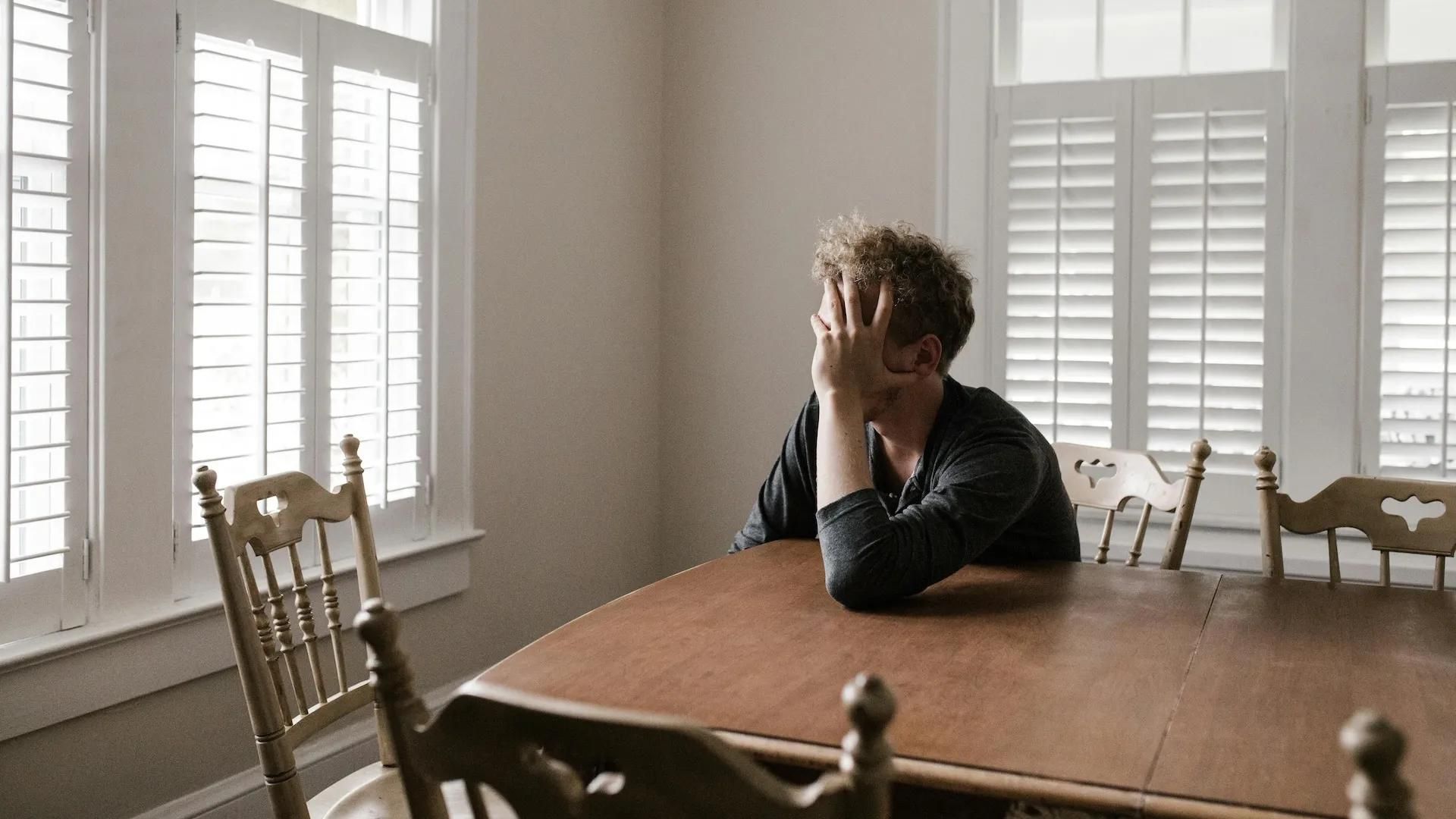Big Issue is demanding an end to poverty this general election. Will you sign our open letter to party leaders?
A new report from Lancaster University and the Joseph Rowntree Foundation shows that stigma around poverty – broadly speaking, the shame and self-loathing people feel about their economic position – can plunge people further into destitution.
With 3.8 million people, including one million children, living in ‘absolute poverty’ last year, tackling poverty couldn’t be more urgent. But shame prevents people from seeking help by associating poverty with failure, warns the report.
“The stigma makes everything worse. Stigma holds poverty in place. It harms and silences people. We can get can stuck in our own fear of being judged by others for being poor,” Arnott, who is also a member of the JRF Stigma and Poverty Design Team, said.
Political speech and media depictions of destitution are key drivers of this stigma narrative, says Professor Imogen Tyler, one of its co-authors. Think George Osborne talking about ‘welfare cheats’ and ‘benefits slacker’ way back in 2010, to Rishi Sunak slamming the so-called ‘economically inactive’ earlier this year.
“That sort of language shifts the blame for poverty away from economic policy and onto individuals,” Tyler, who has written a book on the stigma machine, says.
Advertising helps fund Big Issue’s mission to end poverty
Throughout the 2010s, a series of reality TV shows amplified this depiction of the impoverished. Benefits Street, Benefits Britain: Life on the Dole and Benefits Brits by the Sea all portrayed welfare recipients in a negative light.
“The tabloid news headlines feed off these depictions, from political language and TV, and it seeps into everyday life,” Tyler said. “It becomes a sort of stigma lens, and a blame culture gets a grip on society.”
The stigma holds poverty, inequality and economic insecurity in place. In short, tackling poverty will require tackling stigma.
In his work with the Beats Bus, this is exactly what Arnott is trying to do. The grassroots organisation offers a free mentorship scheme for young people, runs outreach schemes, and gets young people into the studio to make music and socialise.
If young people buy into the shame narrative too much, they’re more vulnerable to gangs, Arnott warns.
“When I was at school, I’d rock up with a note saying ‘I’m sorry, my son’s not in uniform, he only has one uniform. And I remember how that felt embarrassing, you can personalise it, think it’s me, it’s my fault,” he says.
Advertising helps fund Big Issue’s mission to end poverty
“If you’re not fitting in at school – everyone has the new tech, everyone has the new clothes, you’ll want to fit in. And then gangs find it easier to exploit you, because they seem like they can help you get money, fast.”
Unfortunately, recent political debate has taken us in the wrong direction, Tyler said, with
“The latest attempts to reactivate stigma, we see when Rishi Sunak talks about people “parked on benefits,’ and his claims that people are somehow deliberately using disability to not work.”
The report calls on the government to ‘reframe’ poverty as an issue of economic injustice. It also suggests combatting rising in-work poverty by challenging the stigmatisation of low paid work as ‘low skilled’, and by campaigning for real living wages, pay equity and maximum wage ratios.
Arnott thinks things can change – but we’ll have to work for it.
“It’s so important we reframe how we speak about poverty,” he said. “And it needs to happen now.”
Advertising helps fund Big Issue’s mission to end poverty









